Social Spell Schools: Welcome the Isolated to your Dungeons & Dragons Game
Disabilities and chronic conditions are isolating. For us, any kind of social life is a unicorn. As Briana describes at The Daily Disability,
The more my health problems grew, the harder it was to find a community that I felt like I fit in to. I joined group after group in hopes of finding a few that would help how I was feeling. I ended up not even being able to join discussions in one of the groups, because I didn’t have close relationships with anyone in the group. It was very disheartening.
Even when we have a free block of time that could be spent with friends,
- My ADHD and hearing loss make parties, conventions, crowded restaurants, and anywhere else with a lot of noise nearly impossible to navigate, as I can’t filter one voice from another.
- Other neurodivergent traits and mental illness in my family lead to disdainful looks and disparaging comments from the public.
- Potential friends ghost us when they get a taste of the chaos that is our life, unable to handle the stress.
- Neighbors avoid us.
You might be experiencing stress just reading this list.
But aside from our church, the one environment I’ve found welcoming is the tabletop roleplaying game community, at least the ones I’ve facilitated. Here’s how that magic works:
Enchanting Communities
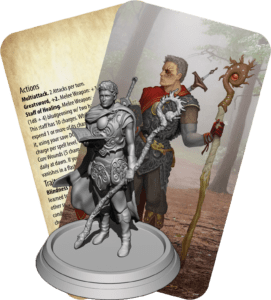
While the enchantment school of magic tends to focus more on manipulating people, there’s power in making a roleplaying game community charming. An accessible environment communicates a welcoming atmosphere. Proactively designing an environment considers a wide range of access needs.
- Consider diverse mobility needs. Do people have space to move?
- How does your environment affect those with sensory needs, such as sensitivity to noise?
- Do you allow electronic character sheets and other assistive technology?
- Do you meet in a place that’s financially prohibitive to people on limited budgets, like a restaurant or a FLGS with a cover charge?
- Do you exclude people like us from your game world? (Check out Limitless Champions as a way to add that representation.)
Evoking Trust
You can say you’re welcoming, but we’ve been targets of Vicious Mockery before, so you’ll need more than one successful Charisma check to gain our trust. So be patient with us if we seem reserved or aloof. It’s not arrogance. It’s caution. If you want people to feel like they can relax and truly have fun at your table, allow time for that to happen.
- We may ask for less than we need, worried about how willing you are to coexist with us and being used to settling for less.
- We want to be treated like any other member of the party, but don’t ignore our traits and degrees of ability, either. That is, we want to be accepted as we are, neither expecting us to be someone else nor treating us as inspirations.
- When things get inconvenient for you, but you roll with it like you would any other friend’s needs, then we start to trust, but we all move at a different rate on that scale.
Conjuring Community
So you have a welcoming and inclusive environment, but we’re still sitting at home, reluctant to put ourselves out there. We may never know about you, and we’re probably not looking, because you’re a unicorn.
- Join local online communities, and mention inclusion and representation. Demonstrate that you’re an ally.
- If you play at an FLGS, put a copy of Limitless Heroics on the corner of the table.
- Post flyers on LFG boards at your FLGS. Include a note that you’re accessible.
Friendship Necromancy
We may believe that the idea of social connections or even friendships is dead, that it would truly take some magic to change that. But by creating inclusive and welcoming spaces, we can create environments that truly communicate that D&D is for everyone.



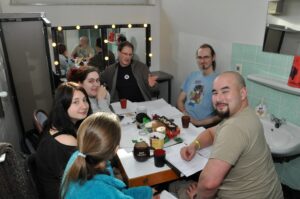
 (Accessible Adventure of the Week)
(Accessible Adventure of the Week)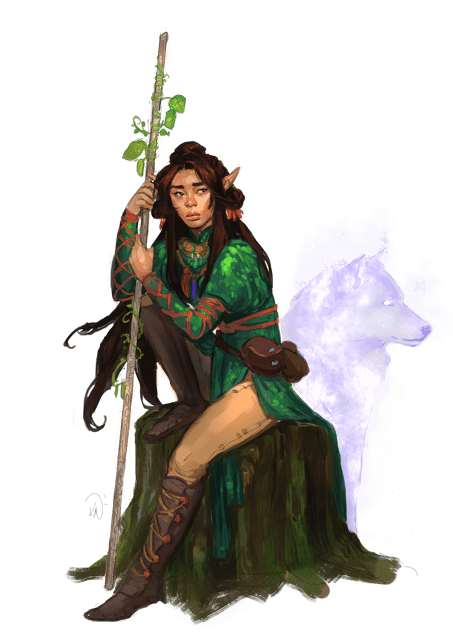
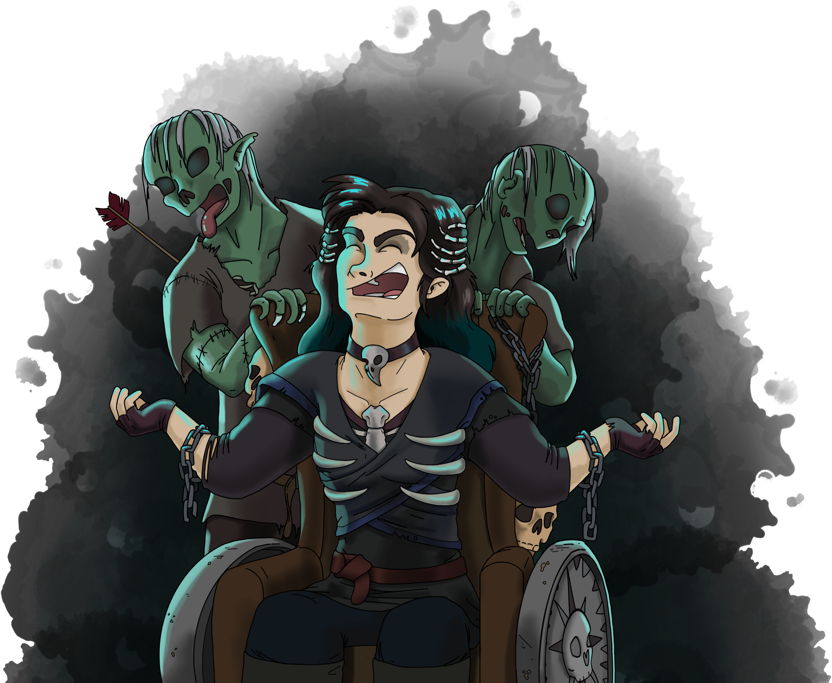


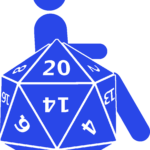
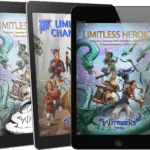
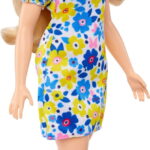

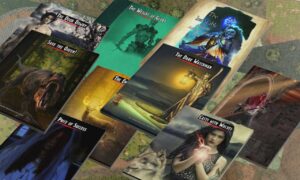
 Get 10 Free Adventures
Get 10 Free Adventures
Knowing you exist makes me happy. My wife is chronically ill and I know how difficult it can be for her to have a social life. So happy to see TTRPGs in the mix here! Keep your on rocking!
Thanks, Stu! I appreciate the encouragement!